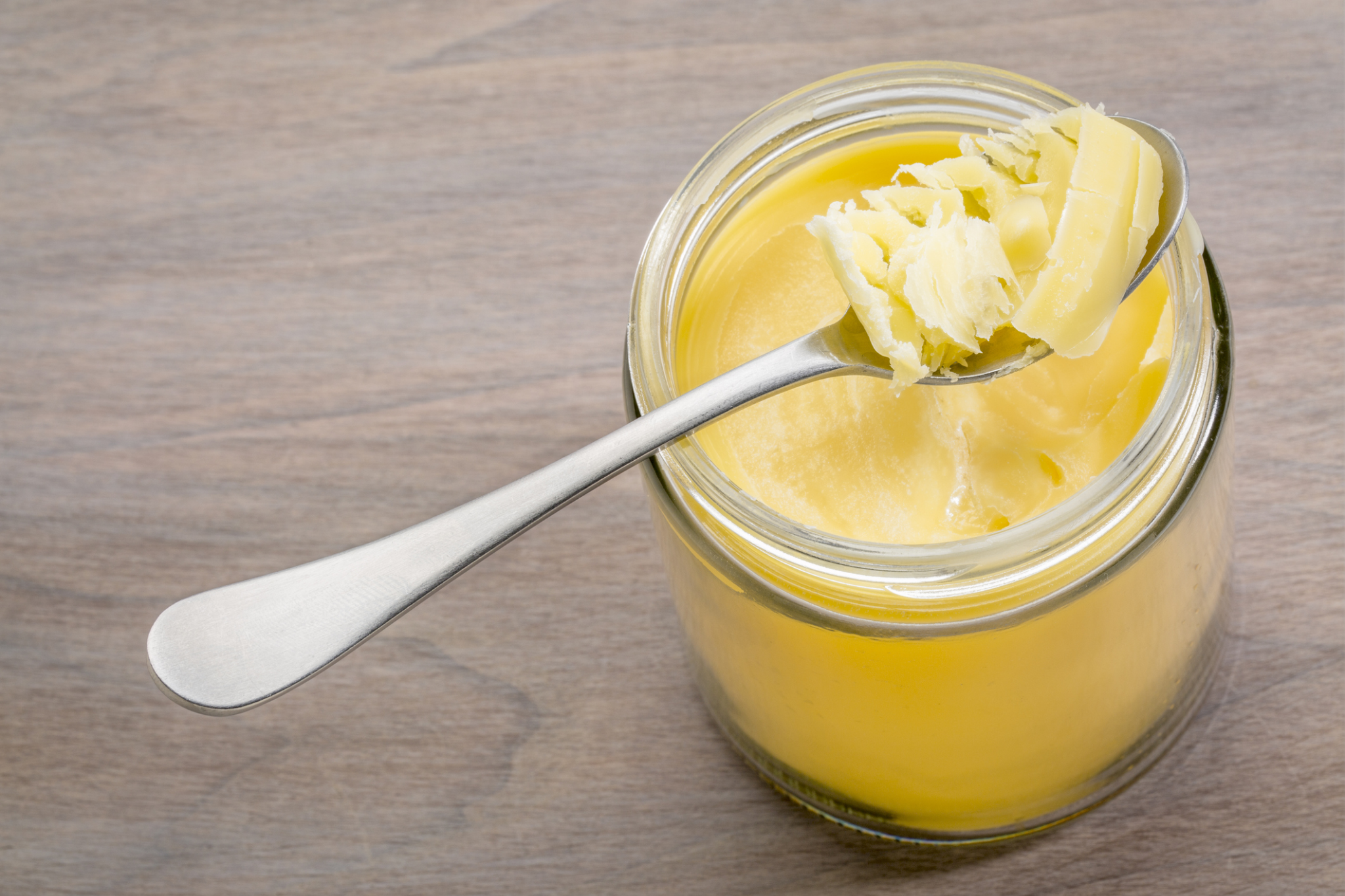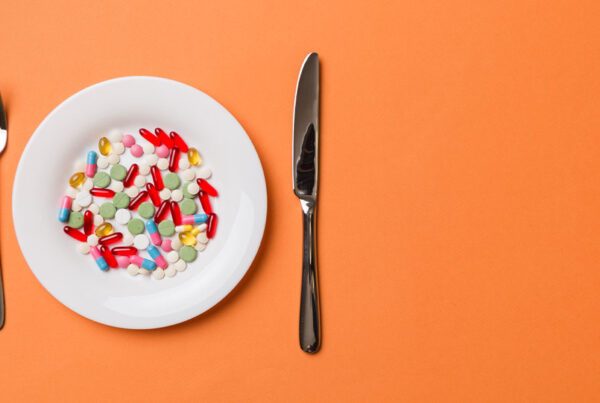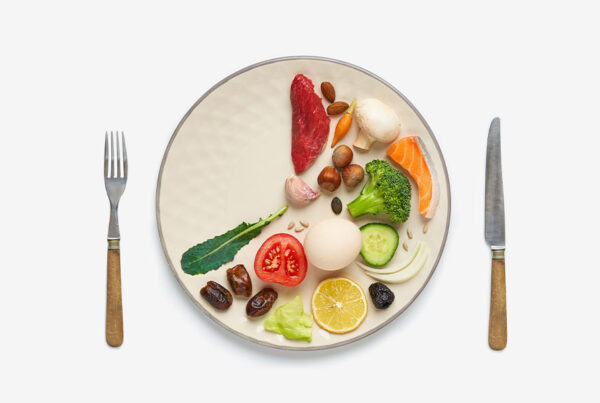Which oil should you be using for better health?
Just like protein and small portions of complex carbs, our body needs fat as well! It acts as insulation and protects the organs in our body, helps in the normal functioning of brain and nervous system, helps in absorption and bioavailability of certain vitamins etc.
The main source of dietary fat in our diet is vegetable oils. These so-called vegetable oils which claim to be healthy are more often chemically refined with additives and treated under high temperatures. These oils are high in omega-6 fatty acid and unfortunately in our Indian household, we end up using a lot of these oils and fall short on omega-3 fatty acid use, like fish, nuts and seeds etc. High consumption of omega6 fat and ignoring omega 3 leads to high inflammation in our body. This prolonged inflammation can cause various types of chronic diseases in the future. Therefore you need to make changes in your daily dietary habits now!
What about animal fat?
According to Dr Mark Hyman, American physician and New York Times best-selling author, Animals store toxins within their fat tissues as a means of protecting their vital organs from damage. When we eat animal fats that have been exposed to GMO feed, antibiotics, hormones, and other toxic chemicals, these harmful substances are passed on to us. Especially when we eat any fatty parts of the animal like milk, butter, cheese, meat fat, etc. Grass-fed and pasture raised meats live in cleaner, healthier and sustainable environments compared with conventionally raised animals. Easy lesson: Know the source of your food and choose wisely.
Therefore, opt for grass fed meat; pasture raised animals who have never been induced with hormones or steroids. In short organic is the best!
Tip: Look out for local farmers who practice organic farming and procure the same from them!
What about ghee? Can you use ghee?

Ghee has been a staple in our households from a very long time, since our childhood days. Unfortunately people have this notion that if you have high cholesterol issues, you cannot use ghee. But this is just a myth; you can use ghee as long as you are not going overboard on the same. So, how much is enough? Using about 2-3 tsp flat teaspoons of ghee is more than enough!
It is also a good source of vitamin A and E, and also a good source of butyrate which can help fight the inflammation throughout the body.
Coming back to oils; we often don’t realize that oil is a food that we consume the most. Using the right one is essential.
We recommend you opt for cold pressed, unrefined oils.
Why so? Have a look at this!
| Cold pressed oil | Refined oil |
| They are extracted at low temperatures | These are extracted at very high temperatures
|
| Seeds used for extraction are of the best quality
|
Seeds used for extraction are of a mixed quality, may even be low grade |
| The oil extracted has Vitamins, Minerals and nutrients of seeds intact
|
The oils extracted might not have nutrients retained from seeds |
| Retains flavour and aroma of seeds used
|
May not retain the flavour or aroma |
| Shelf life is low as no preservatives are used | Shelf life is much longer as high number of chemical preservatives are used |
Health Tip- Do not heat oils/ foods at high temperatures and do not consume more than 3-4 teaspoons of omega 6 oil a day. The cold pressed version of omega 6 (example- cold pressed mustard oil) is better than any refined oil available out there in the market. Concentrate more on how to include omega 3 in our diet in the form of fatty fish, grass fed meat, nuts and seeds because this is where we are lagging behind!
The oils that we recommend are:
- Cold pressed coconut oil- for baking sautéing
- Extra virgin olive oil for raw and low temperature cooking.
- Extra virgin avocado oil- suitable for high temperature cooking
- Ghee- high temperature cooking
Reference-
https://www.health.harvard.edu/newsletter_article/no-need-to-avoid-healthy-omega-6-fats
https://www.canadianjournalofdiabetes.com/article/S1499-2671(13)01141-6/fulltext
https://drhyman.com/wp-content/uploads/2016/03/Fats_ebook_Feb_02.pdf
Tags: the right oil, healthy oil, cold pressed oil, refined oil, ghee, animal fat, oils recommended, animal fat, pasture raised meat, GMO feed, antibiotics, hormones, fatty fish, high temperature cooking, low temperature cooking









